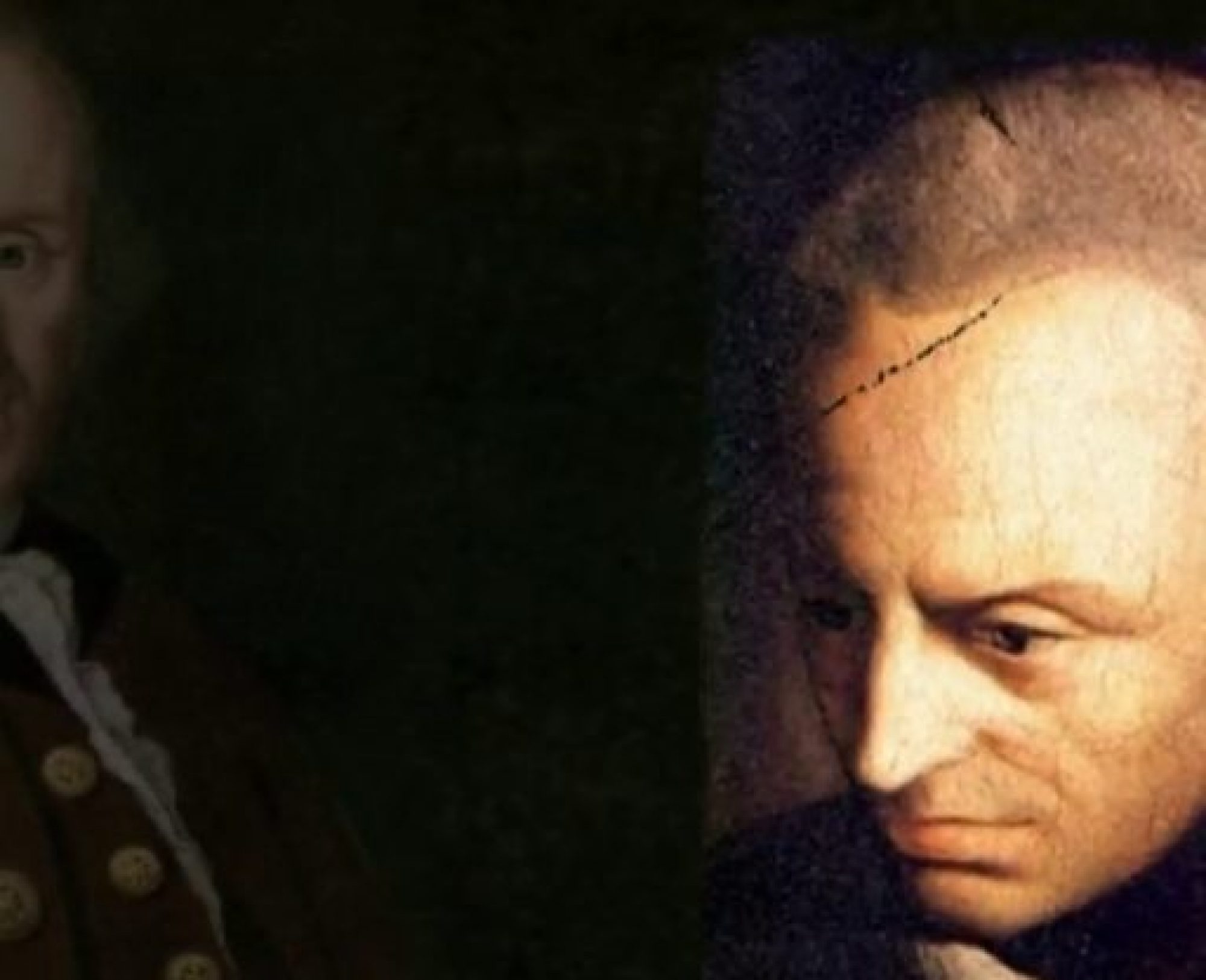Channel: EvolvedAtheist
Duration: 7:43
Description: “Immanuel Kant (1724-1804) is one of the most influential philosophers in the history of Western philosophy. His contributions to metaphysics, epistemology, ethics, and aesthetics have had a profound impact on almost every philosophical movement that followed him.”
In epistemology, a priori propositions can be known independent of (prior to) experience, whereas a posteriori propositions can be known only on the basis of experience (after experience). Thus, the distinction between a priori and a posteriori corresponds roughly to the distinction between nonempirical and empirical knowledge.
The a priori / a posteriori distinction is applied to ways of knowing, propositions, arguments, and concepts. Because of its dependence upon verification by experience, the foundation for classifying a proposition as a posteriori is more easily grasped. An a priori concept can be acquired independently of experience, which may include, but is not necessarily confined to innate concepts.
In logic, a proposition is a statement, couched as a declarative sentence, that affirms or denies the predicate, and that is either true or false. An analytic proposition can variously be described as a proposition whose predicate concept is contained within its subject concept, a proposition that is true by definition, whose truth depends solely on the meaning of its terms, or a proposition that is made true solely by the conventions of language. Analytic propositions, because truth is built in by virtue of terminology, are all a priori in that they do not require experience. Conversely, a synthetic proposition is a proposition whose predicate concept is not contained in its subject concept. Thus, synthetic propositions are not true simply in virtue of their meaning, so their truth must be assessed on the basis of experience.
Kant, in Critique of Pure Reason, discussed the possible combinations of analytic versus synthetic with a priori versus a posteriori propositions, which would yield four possible combinations of propositions:
1. analytic a priori: according to Kant, all analytic propositions are a priori.
2. synthetic a priori: Kant maintains that all important metaphysical knowledge is of synthetic a priori propositions
3. analytic a posteriori Kant argues that there are NONE, because analytic indicates a priori.
4. synthetic a posteriori knowledge of the truth value of such propositions depends on experience.
http://www.iep.utm.edu/kantmeta/
http://plato.stanford.edu/entries/kant-development/
Critique of Pure Reason online
http://www.gutenberg.org/etext/4280
Published: November 14, 2009 4:48 am
